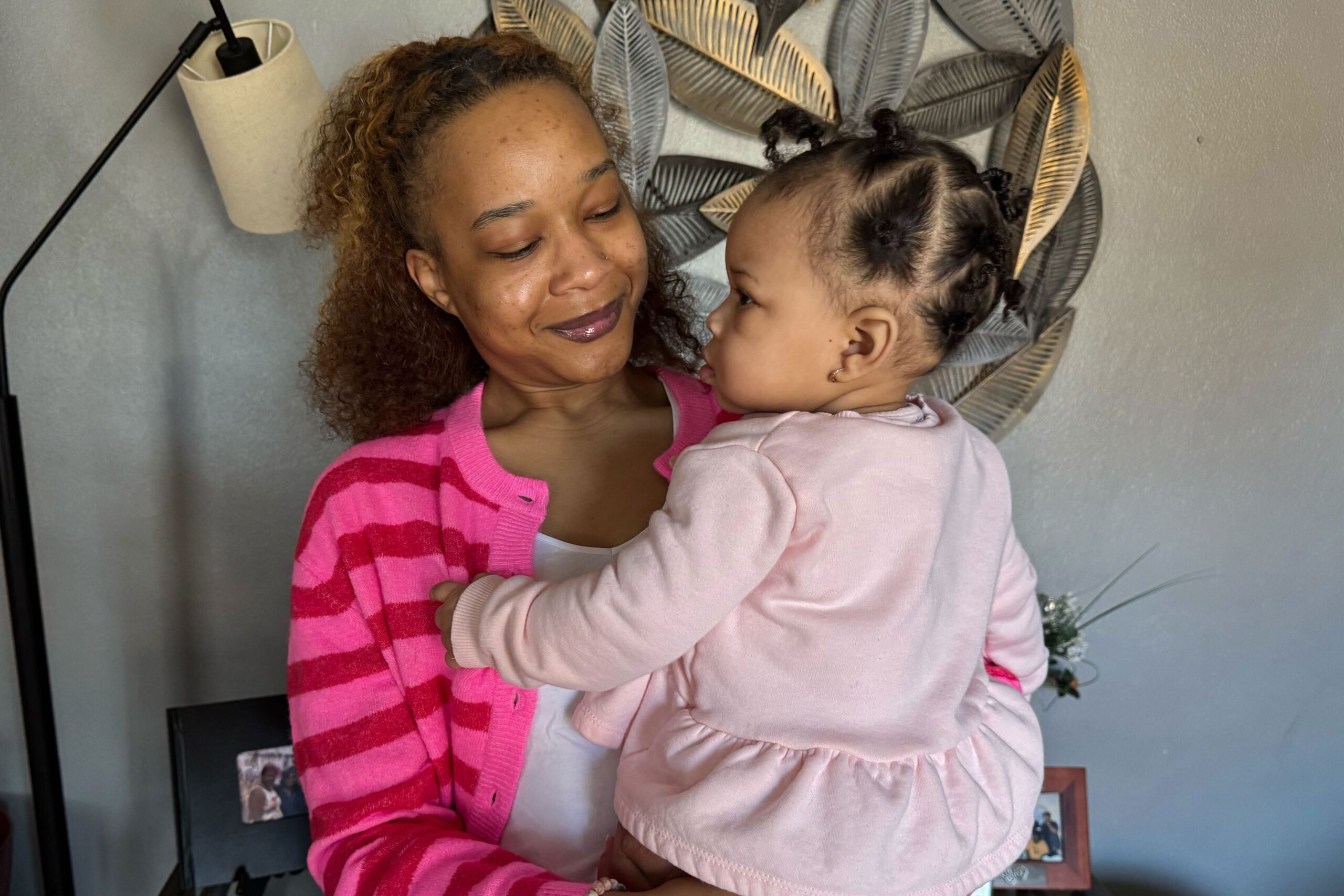By Kathleen O’Grady
There have been other — and recent — excellent histories of autism, but the newly released “In a Different Key: The Story of Autism” by award-winning journalists John Donvan and Caren Zucker is a fascinating and comprehensive history told from a personal perspective.
Autism, the neurodevelopmental disorder that is characterized by impaired verbal and social communication, rigid and repetitive behaviors, and sensitivity to sensory input among other characteristics with wide-ranging severity, has affected both authors personally. Zucker is the mother of a son, Mickey, with autism, while Donvan has an autistic brother-in-law.
It is perhaps not surprising, then, that “In a Different Key” is a history told through a family lens. It is the history of parents over many decades who loved their children with autism and fought hard for them at every turn, and eventually turned that love and experience into a civil rights movement with significant political and social clout.
It’s difficult now to think of a time before we had robust nonprofit movements for autism, and a time when even the word itself was largely unknown. Those with cognitive impairments were commonly institutionalized and denied education, and medical “treatments” were often harsh, punitive and experimental; forced sterilization was common — eugenics was a part of official state policy in 17 American states by the 1920s — and many experts had few expectations for their charges. One leading medical journal, Donvan and Zucker write, even contained a “soberly worded endorsement of ‘mercy killing’ for mentally disabled children.”
It was the parents, we learn — individuals at first, and then informal and formal groups — who, over generations, challenged the many parent-blaming experts, advocated for essential health and education services for their children and pushed for their children to be included in schools and the community at large. It was parents who sparked a movement to raise awareness about autism, lobbied politicians, sued school boards and changed policies, and even kick-started multi-million dollar fundraising campaigns to spark new research in the field.
It was the parents who loved their children with autism even when society told them not to, and when experts insisted their children were lost causes and parents themselves were to blame. And it was parents who often embraced their children’s differences and who sought supports to help their children thrive — and then encouraged entire communities to follow suit.
“In a Different Key” shares, often in heart-breaking detail, what it’s like to stay awake all night with a child who doesn’t sleep, change the diaper of a grown child who isn’t toilet trained, and communicate meaningfully with a child without verbal language or to find strategies to calm spiraling anxieties, often with little or no professional support.
But the book doesn’t stay focused in struggle narratives or it would risk portraying autism as uniformly tragic and requiring pity. Instead it shares the often debilitating aspects of autism yet shows how those with autism can and do flourish with the right supports and environments, and how their lives, and the lives of their families, are filled with joys and triumphs and fun and irreverence too.
“In a Different Key” is framed by the story of a man named Donald Triplett who became the first person in history to be diagnosed as having autism. Experts at the time insisted his family institutionalize Donald, but his mother, Mary, eventually refused this advice and, in seeking appropriate supports for her son, kicked off a chain of events that culminated in the “first internationally recognized description of the condition in a medical journal.”
The story of Donald is in many ways a model for the right way to embrace autism — how to work with the “distinct combination of deficits and challenges” autism afforded Donald. Mary ignored the doctor who told her that she had caused her son’s autism by “overstimulating” him, and made sure instead that he was educated, included in community events, and later, had gainful employment. Her goal was simply that he be allowed to lead a fulfilling, valued and valuable life.
The book concludes with a chapter titled, “A Happy Man” — a description of Donald’s life at age 80, long after his mother has died, surrounded by friends and family in a community that accepts and loves him. It’s the story of what happens when someone with autism is believed to have potential, is provided the supports to be a contributing member of society, and when his or her neuro-diversity is celebrated.
“In a Different Key” tells us how autistics themselves are now carrying the movement forward, but why we still need whole communities to open up and embrace autism. We’re getting there.
***
About Kathleen O’Grady:
Kathleen O’Grady is a writer, editor and political and media strategist living in Ottawa, Canada. She is a Research Associate at the Simone de Beauvoir Institute, Concordia University and the author and editor of numerous books and articles on health policy, women’s and cultural issues.
—
This post was previously published on QUOI Media and is republished here under a Creative Commons license.
***
You Might Also Like These From The Good Men Project
 Compliments Men Want to Hear More Often
Compliments Men Want to Hear More Often  Relationships Aren’t Easy, But They’re Worth It
Relationships Aren’t Easy, But They’re Worth It  The One Thing Men Want More Than Sex
The One Thing Men Want More Than Sex  ..A Man’s Kiss Tells You Everything
..A Man’s Kiss Tells You Everything Join The Good Men Project as a Premium Member today.
All Premium Members get to view The Good Men Project with NO ADS.
A $50 annual membership gives you an all access pass. You can be a part of every call, group, class and community.
A $25 annual membership gives you access to one class, one Social Interest group and our online communities.
A $12 annual membership gives you access to our Friday calls with the publisher, our online community.
Register New Account
Log in if you wish to renew an existing subscription.
Username
First Name
Last Name
Password
Password Again
Choose your subscription level
- Yearly - $50.00 - 1 Year
- Monthly - $6.99 - 1 Month
Credit / Debit Card PayPal Choose Your Payment Method
Auto Renew
Subscribe to The Good Men Project Daily Newsletter By completing this registration form, you are also agreeing to our Terms of Service which can be found here.Need more info? A complete list of benefits is here.
—
Photo credit: Annie Spratt on Unsplash
The post ‘In a Different Key’ Details Why It Takes a Community To Raise a Child With Autism appeared first on The Good Men Project.
Original Article










